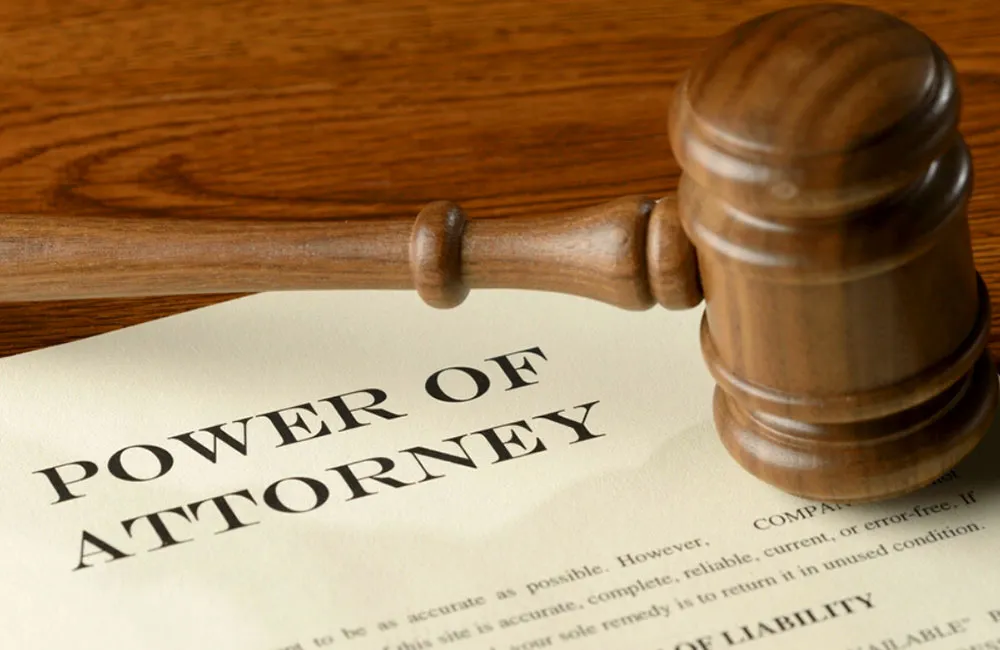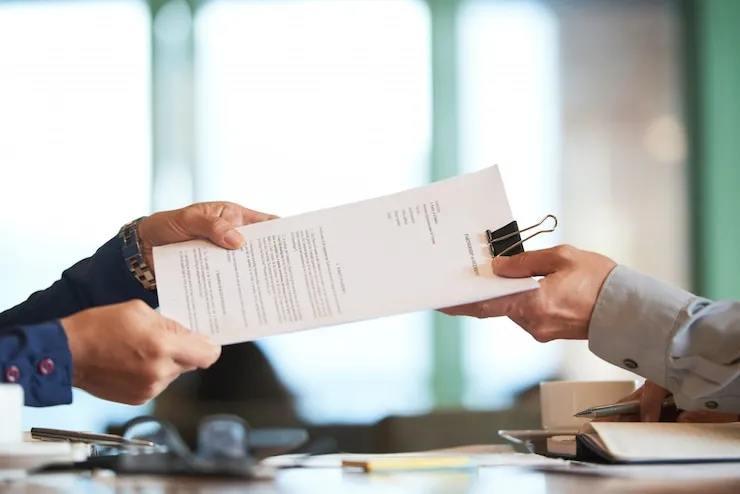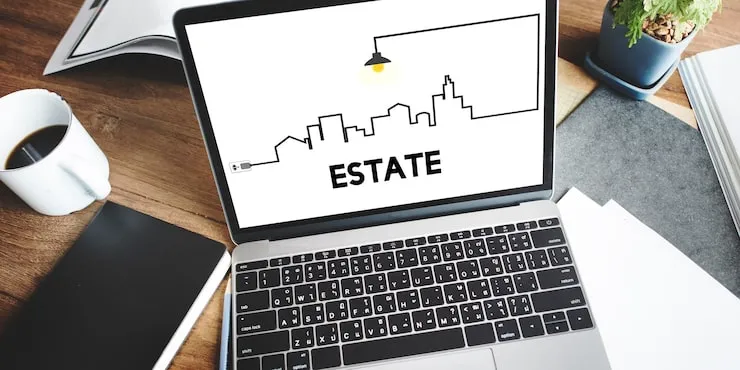A legal document known as a power of attorney for property is It lets one individual grant another the right to handle their affairs. Too old, outside of the country, or unable to handle legal matters personally, this is sometimes helpful.
Simple words would be, "I entrust you to look after my property on my behalf. " Anyone with property can make use of it. People use it when they need assistance, are unwell, or just are busy.
Let's examine what it means, how it works, and what you need to consider before giving someone this might.
Power of Attorney for Property: Why is It Important?

Property issues often call for many signatures, office visits, and papers. What should you do if you are living abroad? Or too ill to travel?
This is where a power of attorney for property proves beneficial. It allows someone else to take action for you. This person becomes your representative, legally allowed to manage your real estate deals, rent, or even sell if allowed in the document.
The scope of this power depends on how the document is written. You can give limited rights or full control. It all comes down to your trust and the agreement.
Read Also: Top 5 Real Estate Startups Transforming Kerala’s Property Market
Types of Power of Attorney for Property
There are two major types to understand:
- General Power of Attorney for Property
Broad rights given to someone under a general power of attorney for property. This can include letting, selling, or even managing your house. Long distance travel or inability to manage on your own makes this helpful.
But remember, this type ends if the person who gives the power becomes mentally unfit or dies. It is also valid only when the person is alive and in sound mind.
- Special or Limited Power of Attorney
This one gives power for a specific task. For example, selling one particular flaThe power ends once that work is finished. It lowers risk and helps you to manage more.
This is a safer choice if you're uncertain about giving up entire control.
What Should Be in the Format of Power of Attorney?
The power of attorney for property format must be clear. It should have:
- Full name and address of both parties
- Details of the property
- What rights are being given (sell, lease, rent, etc.)
- Start date and end date, if applicable
- Witness signatures
- Notarisation or registration
Getting it typed on legal paper is not enough. The registration must take place at the sub-registrar’s office. This gives it legal standing and avoids disputes.
If it’s for a sale of property, registration is mandatory. For other cases, notarisation might be enough. But registered documents are always stronger.
When Is the Power of Attorney Not Valid?
A power of attorney is not legal after the death of the bestower. Once they pass away, the power ends. Their legal heirs then take over the rights.
This is often misunderstood. Many think the document works even after death. It doesn't. Always keep this in mind while making or using one.
Legal Standing and Verification
A registered power of attorney carries more weight in court. It's harder to challenge. Courts also check if the person giving power understood what they were signing.
To avoid future fights, it’s best to draft the document carefully. Use simple language. Mention all terms clearly.
Also, ensure both parties sign in front of witnesses. Get it notarised or registered without delay.
Can Banks Accept Power of Attorney for Property?
Yes, many banks do. Especially when property is used as collateral. You may be taking a loan using someone else’s property. In such cases, banks need a legal way to handle paperwork. This is where a valid power of attorney helps.
For example, if you apply for a private loan against property in Kerala, you may need to show such a document. It proves you’re allowed to offer that property for the loan.
If you're taking a loan against property without income proof in Kerala, banks look at other things too—like the value of the property and legal documents like power of attorney.
Even cooperative bank loans against property in Kerala schemes may ask for this. Some banks still prefer direct owners. But many accept POA holders if the paperwork is clear.
When Should You Use a General Power of Attorney?
Use it when:
You're abroad and want someone to manage your property
You're unwell or elderly
You need to manage multiple properties.
You trust someone fully
A general power of attorney for property is powerful. But it also carries risk. If the person misuses their power, you can lose money or property.
So always choose someone responsible. And write clear limits in the document. Keep a lawyer involved.
When to Go for Special Power of Attorney
Go for this when you need someone to handle:
Just one sale or purchase
Only rent collection
Signing specific papers
It’s safer and more focused. Once the task is over, the power ends.
This is perfect if you don’t want to give full control.
Risks Involved and How to Avoid Them
Here are some real risks:
Misuse of property
Selling without your consent
Forged papers
To avoid these:
Register your document
Mention everything clearly
Keep original copies safe
Inform close family
Review the document often
How Long Is It Valid?
It varies. If no expiration date is specified, it remains valid until cancelled. But bear in mind that the paperwork ends when the individual who gave the power passes.
So always mention a clear end date or specific task. You can cancel it anytime by giving notice and registering a cancellation deed.
You May Also Like: Kerala’s Real Estate Revolution: Transforming Urban City
Can You Take a Loan Using a Power of Attorney?
Yes, but not all banks allow this. A few banks accept it if the POA is registered and the document allows for financial transactions.
So, if you’re applying for a loan against property without income proof in Kerala, having a POA that allows it could help.
For a private loan against property in Kerala, lenders may accept a well-drafted power of attorney. But always check their policy first.
Co-operative bank loans against property in Kerala programs often have strict document checks. The POA must therefore be lawfully sanctioned, unambiguous, and strong.
What becomes of power of attorney after death?

One often wonders if power of attorney is still valid after death.
The answer is no. Once the person who made the document dies, the power ends. Their legal heirs now hold rights. So, POA is never a substitute for a will.
It can’t be used to transfer property ownership after death. For that, succession laws apply.
Some Final Thoughts
Establishing a power of attorney for property is a wise decision when you require assistance. But it should be done carefully.
- Understand what rights you’re giving.
- Choose someone you trust
- Draft a clear document
- Register it if needed
- Store copies and inform close relatives.
This modest legal action may spare you money, stress, and even time. Having the correct POA helps to calm you whether you are away from your home town, busy with work, or only wish to prepare













